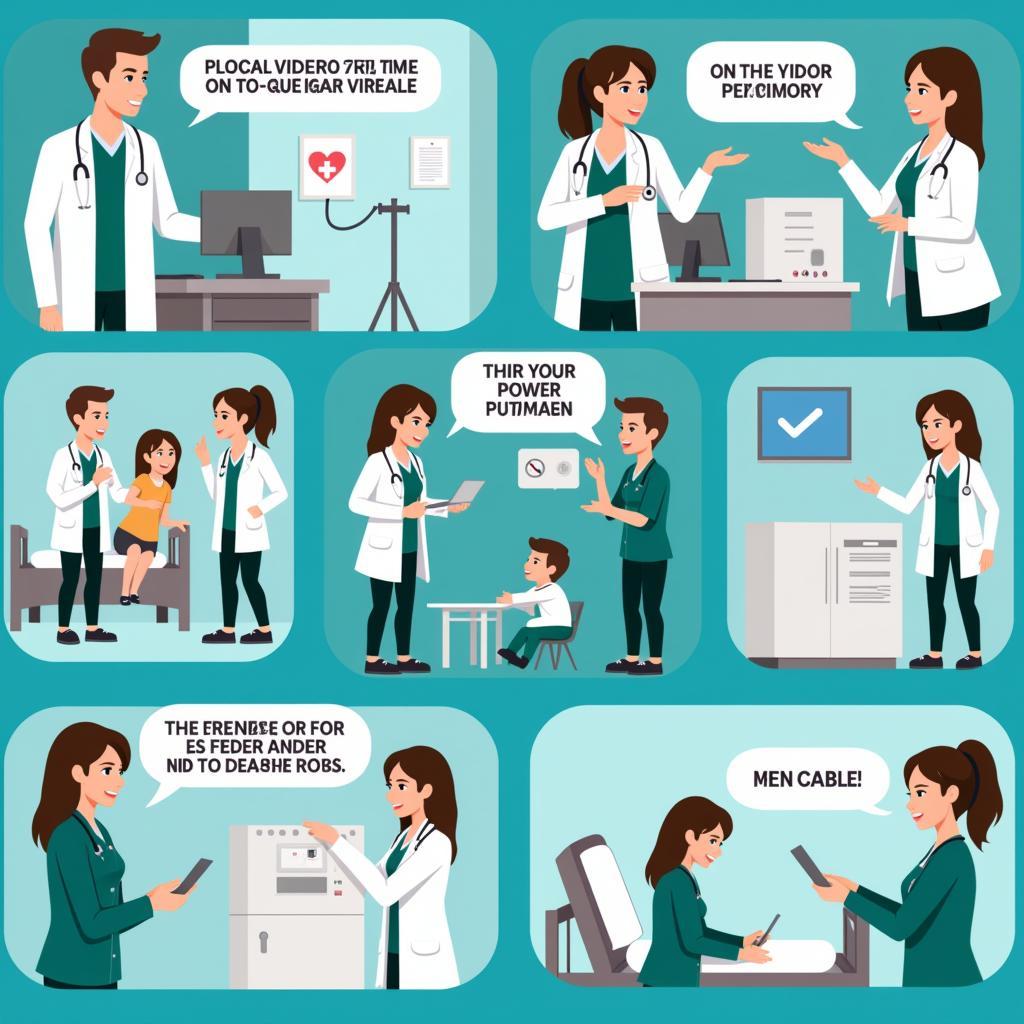A Power Outage Hospital scenario presents unique challenges, demanding meticulous planning and robust backup systems. Patient safety and maintaining essential services are paramount during such disruptions. This article explores the critical aspects of hospital preparedness for power outages, from emergency power supply systems to communication protocols. hospital power outage
The Importance of Power Outage Preparedness in Hospitals
Hospitals are lifelines within communities, providing critical care 24/7. A power outage at hospital can severely compromise patient care, especially for those relying on life-sustaining equipment. Effective preparedness measures are not just recommended; they’re essential. Preparation minimizes disruptions, maintains a safe environment, and ensures the continuity of care, even when the lights go out.
Key Elements of a Hospital Power Outage Plan
A comprehensive plan should address all critical aspects of hospital operations. This includes maintaining essential life support systems, communication procedures, and strategies for patient management during a prolonged outage.
- Emergency Power Supply: Hospitals utilize backup generators to power critical systems. Regular testing and maintenance of these hospital backup generator systems are vital to ensure they function seamlessly during an outage.
- Communication Systems: Reliable communication is crucial during a power outage. Backup communication systems, including two-way radios and satellite phones, must be in place and regularly tested.
- Patient Care Protocols: Specific procedures should outline how to manage patients during an outage, including prioritizing care, relocating patients if necessary, and ensuring access to essential medications.
How Hospitals Manage a Power Outage
Hospitals employ a multi-layered approach to manage power outages effectively. This involves immediate actions to stabilize the situation and long-term strategies to ensure ongoing functionality.
Immediate Response to a Power Outage
The initial response focuses on ensuring patient safety and activating backup systems. Staff are trained to respond swiftly and efficiently to minimize disruptions.
- Activate Backup Power: The primary focus is to immediately switch to the backup generator to maintain power to critical areas.
- Communication: Inform staff and, where appropriate, patients and families about the outage and the steps being taken.
- Safety Checks: Conduct thorough safety checks to identify and address any immediate hazards posed by the outage.
 Hospital Staff Managing a Power Outage
Hospital Staff Managing a Power Outage
Long-Term Strategies for Power Outage Resilience
Beyond immediate response, hospitals adopt long-term measures to enhance resilience against future power disruptions.
- Regular Maintenance: Routine maintenance and testing of backup power systems are crucial. This includes power outage at hospital drills to ensure staff are prepared for any scenario.
- Infrastructure Upgrades: Investing in modern, robust infrastructure strengthens the hospital’s ability to withstand outages. This might involve upgrading electrical systems or installing more efficient generators.
- Collaboration and Planning: Working with local authorities and utility companies allows hospitals to develop comprehensive inclement weather policy for hospitals and coordinate responses during widespread outages.
“Regular drills and simulated power outage scenarios are invaluable in preparing staff and ensuring a coordinated response,” says Dr. Emily Carter, Director of Emergency Preparedness at San Jose Hospital. “These exercises help us identify areas for improvement and refine our protocols.”
Conclusion: Maintaining Safety and Stability During a Power Outage Hospital
Power outage hospital situations require meticulous preparation and a swift, coordinated response. By prioritizing robust infrastructure, comprehensive planning, and staff training, hospitals can effectively manage these challenges, ensuring patient safety and the continuity of essential services, even during power disruptions. Knowing what code gold in hospital means can also be helpful in these situations.
FAQ:
- What happens to patients on life support during a power outage? Backup generators immediately power life support systems.
- How do hospitals communicate during a power outage? Backup communication systems, including radios and satellite phones, are utilized.
- How often are hospital backup generators tested? Regular testing and maintenance are conducted to ensure reliability.
- What role do staff play in power outage management? Trained staff follow established protocols to ensure patient safety and operational continuity.
- How can hospitals improve their power outage resilience? Continuous improvement involves infrastructure upgrades, regular drills, and collaboration with external partners.
- What should patients do during a hospital power outage? Remain calm and follow staff instructions.
- Are hospitals prepared for extended power outages? Hospitals have plans in place to manage prolonged outages, including patient relocation if necessary.
Need assistance? Contact us at 02437655121, [email protected], or visit us at 298 Cau Dien St., Minh Khai Ward, Bac Tu Liem District, Hanoi, Vietnam. Our customer service team is available 24/7.